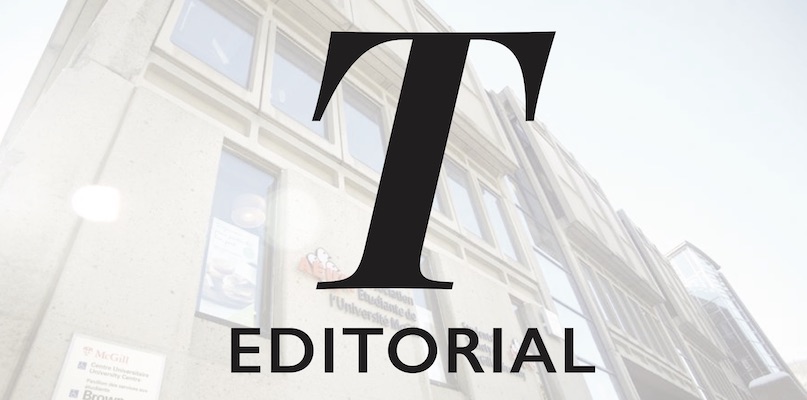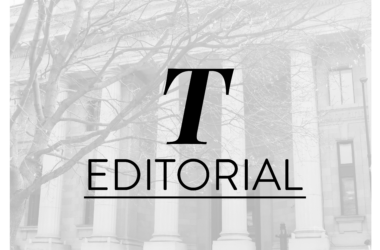While students usually skim past referendum questions, on the ballot for the Student’s Society of McGill University (SSMU) Winter Referendum 2019 is a proposal for a significant mandatory base-fee increase. President Tre Mansdoerfer has suggested a $30 increase, which would raise the current fee from $44.33 to $74.33 per term for full-time students. The substantial proposition is the first since a failed attempt in 2016, when a now relatively minor proposal of a $5.50 raise failed to pass. One justification for the hike is that SSMU’s membership fee is one of the lowest among Canadian universities. Although SSMU’s current base fee is an insufficient contribution given the services it provides, it is unwise of SSMU to ask for such a sudden and dramatic increase of nearly 70 per cent.
Mansdoerfer presented the proposed fee increase alongside a ‘Master Plan’ for future projects to help guide incoming executives. Some of the plan’s suggestions are valuable; for example, the plan to hire more support staff for SSMU’s overworked executives is one the Tribune has endorsed. However, new staff would not be limited to executive assistants—Mansdoerfer has suggested that SSMU hire a full-time public relations specialist to handle their communications. Paying professionals to manage SSMU’s image is not an appropriate use of students’ money.
The Master Plan also suggests several expensive, large-scale, and likely unfeasible initiatives. For example, the plan proposes the creation of a wellness hub that would house psychologists and other professionals at 3501 Peel, as well as additional renovations to the University Centre. Rather than hiring medical professionals to make up for McGill’s lack of satisfactory student services, SSMU should focus on fulfilling their key mandate of representing students’ interests to the administration. The hiring of two psychologists, one nutritionist, one massage therapist, and one physiotherapist will not solve McGill’s mental health crisis; however, pressuring the administration to reallocate proper funds to student wellness might. While this is a well-intentioned undertaking, founding a wellness hub is likely too wide-scale of a project to foist on executives with single-year terms.
The theme of admirable-yet-unrealistic ambition extends throughout the Master Plan. For example, its suggestion to renovate Gerts to become a more ‘café-style’ bar like SUWU is an impractical goal for a students’ society. The past failure of Sadie’s is proof that investing in a new restaurant may not be the most lucrative addition to the new University Centre.
SSMU faced unprecedented barriers this year, particularly considering the University Centre closure in March 2018. Consequently, SSMU’s finances have suffered the loss of revenue from the Gerts Bar, and the renting of additional off-campus space to house clubs and services. However, these additional costs are temporary and do not themselves justify a permanent fee increase.
The fact that SSMU’s base fee has not increased since 2007 is unacceptable, and SSMU should work toward implementing a fee that is comparable to those of other universities. However, SSMU should not expect this change to happen overnight. Instead, SSMU should ask for a series of incremental fee increases, an option that students will likely find more palatable. Not only is such a large undertaking overwhelming for an already overworked executive, but such a drastic raise poses financial concerns for many students.
Before investing in future projects, SSMU should fix their internal operations. Instead of hiring a public relations staff member, the next Vice-President Internal should consider new strategies to handling communications and outreach. While a fee increase is justified, the amount proposed is not, and neither is the associated Master Plan. For their next proposed fee-increase, SSMU should suggest a more realistic number—not shoot for the moon.









